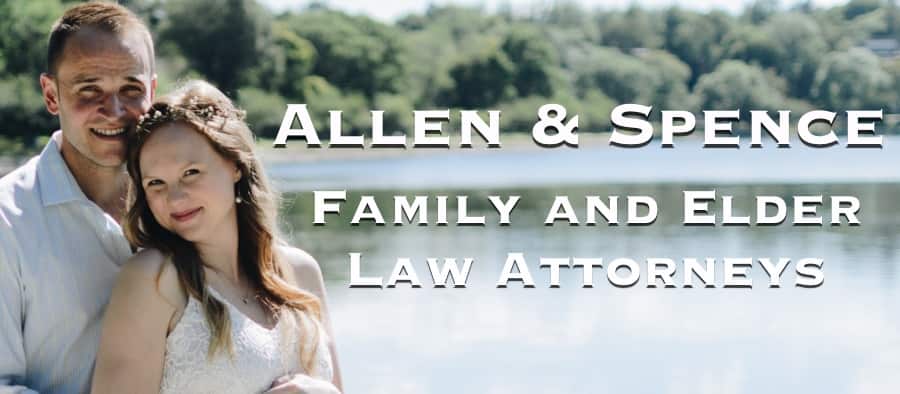This is the fourth in a series of articles on going pro se in Wake County Family Court in Raleigh, NC. In Part 1 I gave a general outline. In Part 2, we focused on the Wake County Local Rules. In Part 3, I covered basic courtroom decorum and procedures. Today, in Part 4, I want to talk about sources of law. In other words, where you should look to find the law if you are representing yourself.
North Carolina originally adopted its law from the common law of England. Much of our law still has principles that can be traced back to our adoption of the common law. In the family law context, a good example of that is the law related to alienation of affections and criminal conversation. Later on, efforts were made to codify the law. That means parts of the common law, as well as new laws that were needed in a society of increasing complexity, were put into statutes. These are now known as the North Carolina General Statutes. They can be found online in several places, one of which is at the source of the statutes, the North Carolina General Assembly.
You might wonder about federal law… that is the law of the United States… and the impact on family law. For reasons that are historical and constitutional the law of divorce, child support, child custody, alimony and equitable distribution are matters os state, not federal law. There are some interesting examples of some overlap and impact of federal law and Supreme Court decisions on state law, but in most situations and most cases, the impact is minimal.
Apart from statutory law, there is a body of law from the North Carolina appellate courts that continue to explain, define, and interpret the common law and the statutory law. There is a constant stream of appellate decisions that impact the law. As an example of how complicated this is, take a few minutes to read this example case from 2012. There are many cases each year where the appellate courts touch on issue of family law. As a pro se litigant it is extremely difficult to learn all that can be learned about an area of family law that you are involved in. However, if you want to do as well as you can, you need to educate yourself.
In addition to the substantive law in an area, there are also laws related to procedure and evidence. These are known, respectively as the North Carolina Rules of Civil Procedure and the North Carolina Rules of Evidence. The Rules of Civil Procedure, for example, cover such things as depositions. The rules of evidence deal with what is proper evidence in court, how it is submitted, hearsay, etc.
_______
Scott Allen is a divorce attorney in Raleigh, NC with over eighteen years of experience in all areas of family law litigation and settlement.

